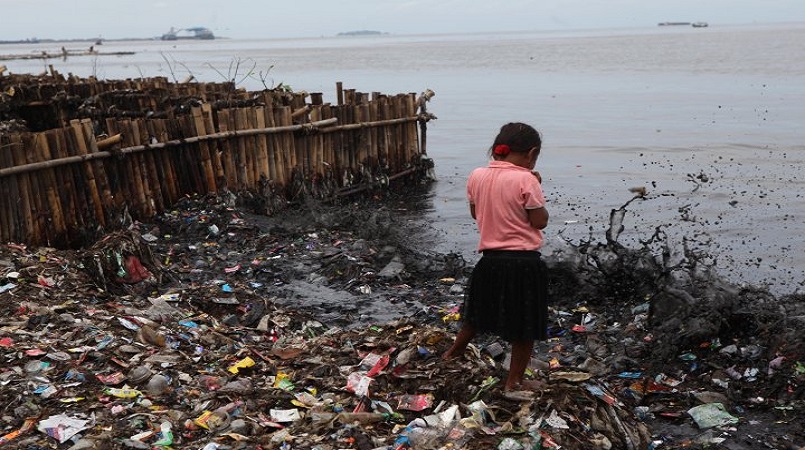
The European Union (EU) will promote maritime spatial planning at the global level and address marine litter by adopting a new strategy on plastics in 2017.
EU ambassador to Fiji and the Pacific Andrew Jacobs said it was important to deal effectively with litter in Fiji and around the Pacific.
Jacobs said the ocean would offer great potential for the years and decades to come.
“The oceans offer a potential to solve the increasingly urgent challenge of food security. With the world's population expected to reach 9 billion by 2050, the demand for food could rise by 60 per cent," he said.
“Another potential is that for alternative ocean energy. It is estimated for instance that ocean energy can provide 10 per cent of Europe's electricity and 400,000 jobs by 2050.”
Jacobs said the oceans played a vital part in the fight against climate change with oceans absorbing 25 per cent of the carbon emissions produced and redistributed heat around the globe.
“They are getting warmer and more acidic. Sea levels are rising. Resources are being depleted.
“And if the trend continues, by 2050 the world's oceans could contain more plastic than fish.
“The reality is simple: if we don't act today, we will compromise our tomorrow."
“It is very clear that oceans need better care and better management. And this can only be achieved by strong international cooperation,” he said.
Meanwhile, the United Nations Development Programme (UNDP) would be looking to preserve coastal biodiversity and strengthen livelihoods through climate-resilient and community based actions in the Pacific region.
This was revealed by UNDP country director Bakhodir Burkhanov at the Pacific Voices for a Global Ocean Challenge Conference in Suva last week.
Burkhanov said there were many opportunities UNDP had in the Pacific to preserve the oceans surrounding the region.
“We can promote sustainable fisheries benefiting women and men in the region. Support recovery and re-use of nutrient pollution from agriculture, waste water and the industry,” he said.
“Also slow down and reverse ocean acidification and upscale proven policy and economic tools and mechanisms for plastic waste avoidance and recovery.”
He said UNDP would also support countries to ratify and implement the Global Convention on Ship's Ballast Water and Sediments.
Moving forward,Burkhanov said, UNDP would support the integration of land, water, forest, biodiversity and coastal resources in the Pacific.
“We will unlock economic and social benefits of community-based conservation in protected areas. Promote social entrepreneurship, especially among youth and promote sustainable fisheries and livelihoods, focusing on economic empowerment of women and youth,” he said.
Currently, under the National Ridge-to-Reef Projects, UNDP supports Global Environment Facility (GEF) projects in Fiji worth US$7 million (F$14.5m).
